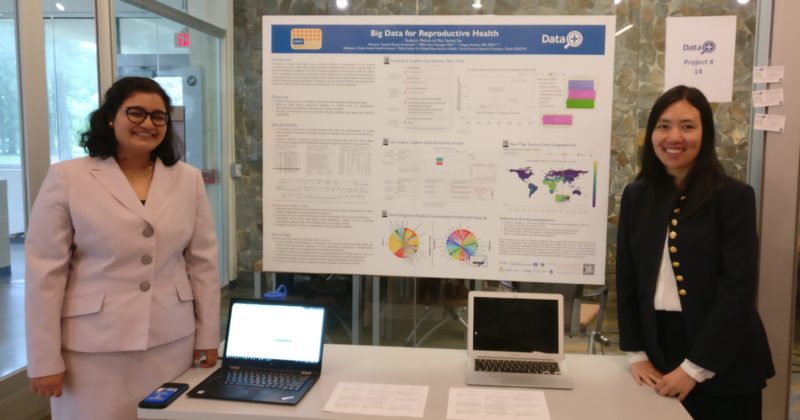
Philippines to join its first World Contraception Day
The Philippines announced Wednesday that it will be participating in the upcoming World Contraception Day on September 26th. In its first year joining the global campaign, the country will hold a forum at the University of the Philippines in Diliman to discuss the nation's treatment of reproductive health issues. With one of the world's fastest rates of population growth and a population that has tripled over the last fifty years, the Philippines faces a growing need of family-planning education; widespread awareness of safe and effective contraception methods may slow unsustainable population growth, with positive effects on public health, the economy and the environment. World Contraception Day is an international campaign, with the mission to educate younger generations about contraception so they can make informed decisions about their reproductive and sexual health. The Day is organized by a group of 17 international NGOs, governmental organizations, and medical societies, and is funded by Bayer AG. Held yearly since 2007, World Contraception Day envisions...


